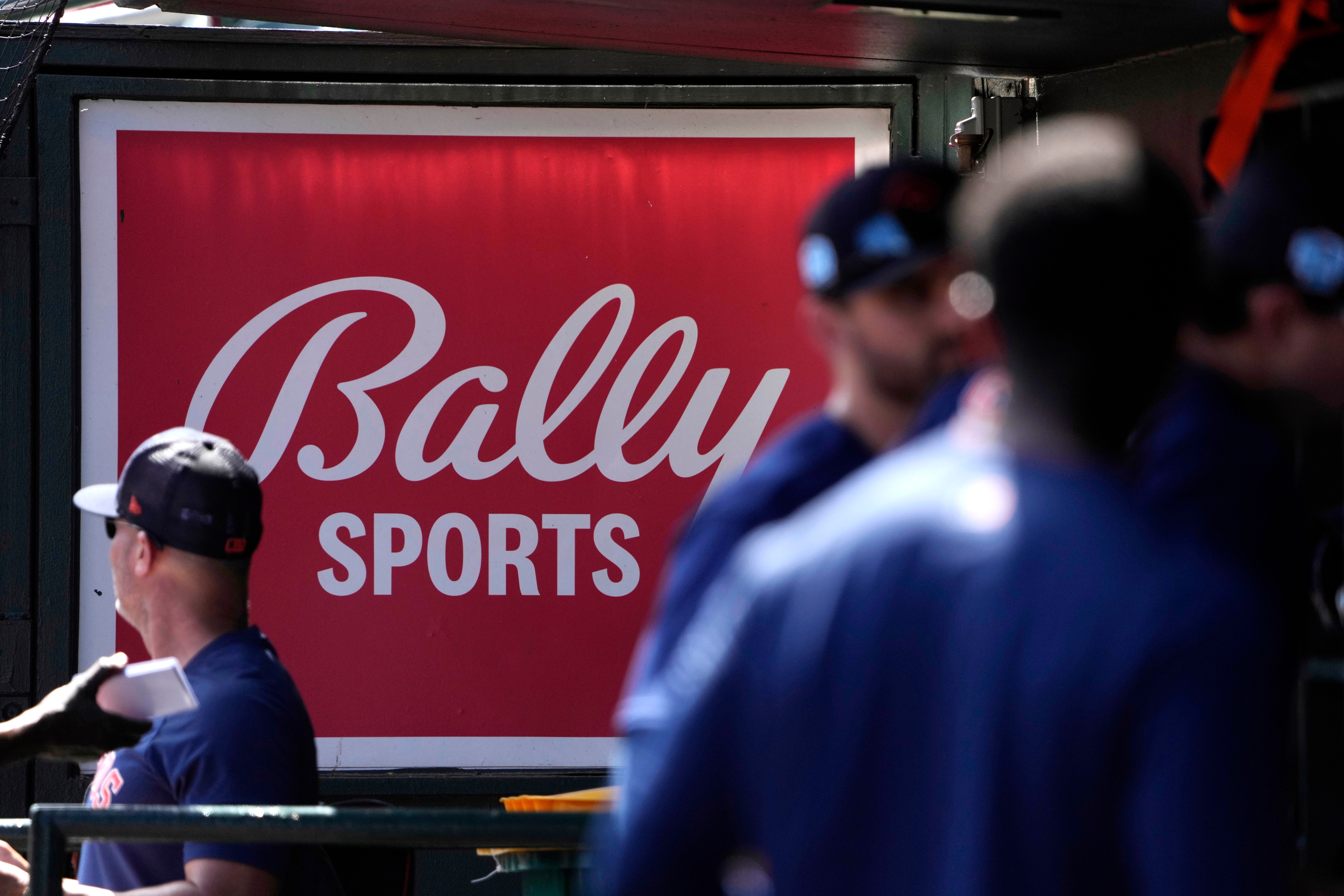Comcast blacks out 15 regional sports networks in contract dispute with distributor
Comcast has blacked out 15 regional sports networks offered by Bally Sports, escalating a contract dispute with their distributor

Comcast has blacked out 15 regional sports networks offered by Bally Sports, escalating a contract dispute with their distributor.
The cutoff affects games played by a dozen Major League Baseball teams based in nine states. Diamond Sports Group, which distributes the networks under the Bally name, called the blackout “disappointing” and blamed Comcast for refusing to “engage in substantive discussions.”
Comcast, meanwhile, said Diamond has declined several of its offers, such as allowing Diamond to unilaterally renew its existing agreement with Comcast for a year. As a result, Comcast said, it no longer held rights to the sports broadcasts as of Wednesday and had no choice but to cut them off. It said it will be crediting its customers for the costs associated with the blacked-out broadcasts, saying that most will automatically receive monthly credits of $8 to $10.
Neither company would comment beyond prepared statements.
Complicating matters is the fact that Diamond is working to emerge from bankruptcy, which it declared just over a year ago as the result of a heavy debt load incurred in an earlier financial transaction.
The dispute mirrors a broader reckoning looming for sports broadcasts in the age of streaming, which has led to sharp declines in pay-TV subscriptions for both cable and satellite. According to a study by Leichtman Research Group released last October, the percentage of U.S. households paying for such live TV services dropped to 64% in 2023 from 78% in 2018.
Fewer subscribers means less money to pay for expensive programming such as sports, leading providers like Comcast to push for moving regional sports into “tiered” subscriptions with higher price tags than basic service. Companies like Diamond have resisted, arguing that an abrupt shift to a higher service tier would disrupt their finances and would likewise create problems for the teams that distributors pay for access to their games.
The Comcast blackout currently only affects baseball games, but if it stretches on long enough, other sports could be affected. Diamond, for instance, currently holds the pay-TV rights to games played by 38 teams across the National Basketball Association, the National Hockey League and MLB.
The teams affected by the blackout are the Atlanta Braves, the Miami Marlins, the Tampa Bay Rays, the Detroit Tigers, the Cleveland Guardians, the Minnesota Twins, the Kansas City Royals, the St. Louis Cardinals, the Cincinnati Reds, the Milwaukee Brewers, the Texas Rangers and the Los Angeles Angels.
Bookmark popover
Removed from bookmarks